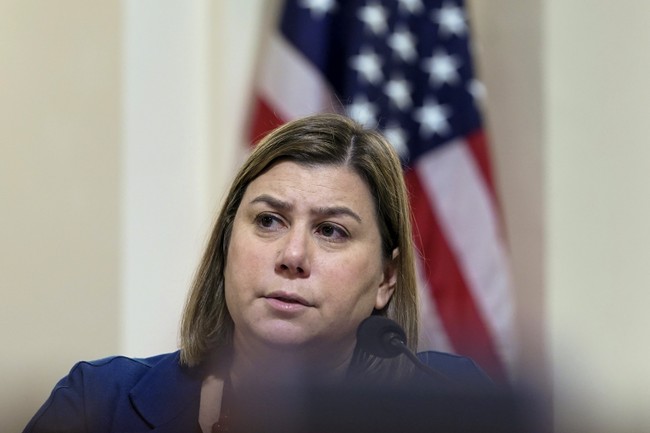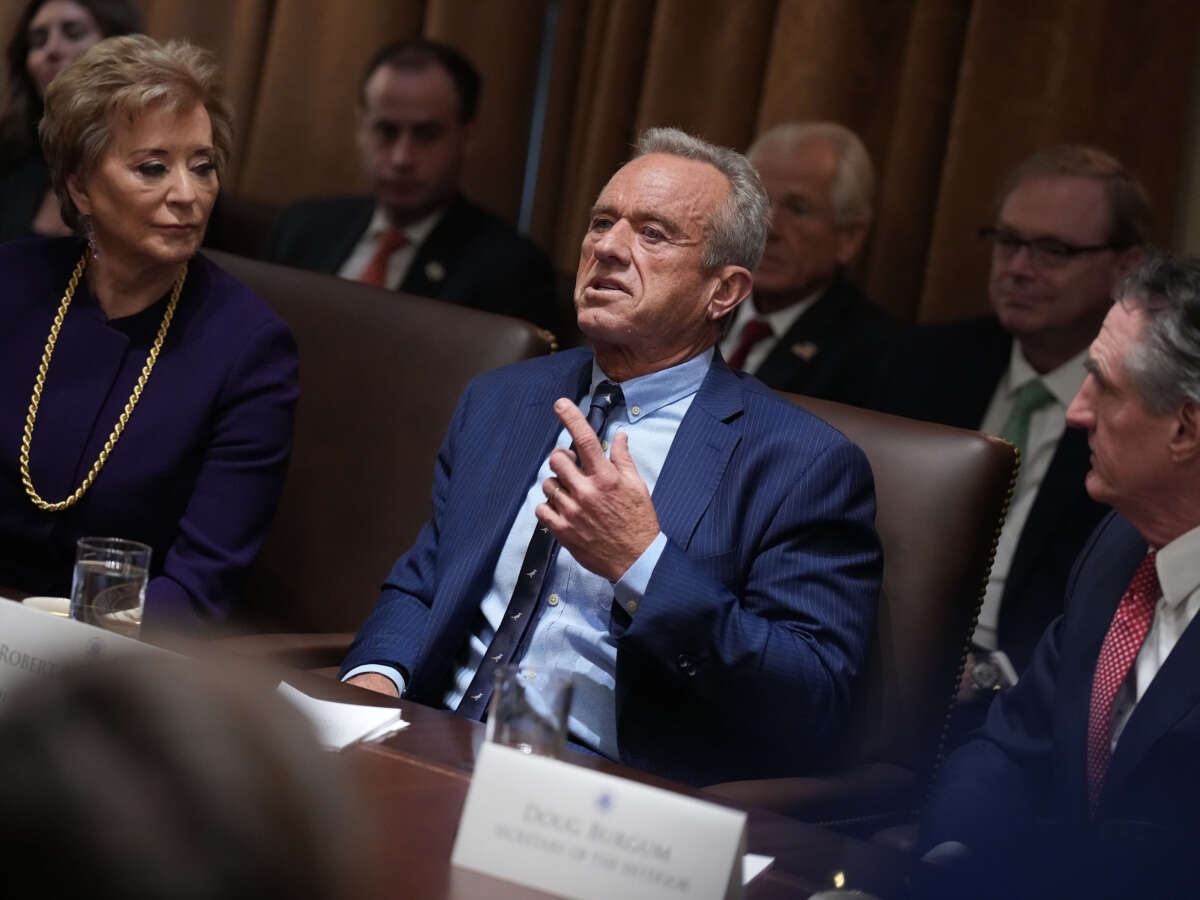ARTICLE AD BOX
LONDON — The 80th anniversary of the D-Day landings was, in political terms, extremely timely for Keir Starmer.
The U.K. Labour leader — on course for power in Britain’s July election — seized the opportunity presented by Rishi Sunak’s much-criticized early departure from the ceremonies to hone his image as a global statesman both at home and abroad.
During two days of events, he jumped on the chance to meet world leaders including Ukraine President Volodymyr Zelenskyy at an event hosted by French President Emmanuel Macron at Omaha beach — site of one of five allied landings on D-Day in 1944.
Labour officials stress Starmer always planned on going to this week’s commemorations, even before the election was called. But the political gain from his attendance is now clear.
His participation in every moment of the high profile event provided a stark contrast with Sunak, who skipped Macron’s event with other word leaders to take part in a TV interview about the election campaign, a decision he was later forced to apologize for amid an outcry.
It was left to Foreign Secretary David Cameron to pose for official photographs with Macron, U.S. President Joe Biden and German Chancellor Olaf Scholz at Omaha Beach.
A PM in waiting?
The furor around the prime minister’s early departure from Normandy early created space for Starmer to present himself as a statesman and prime minister-in-waiting.
With Labour’s double-digit poll leads increasing over the first two weeks of the election campaign, he is keen to show world leaders he is the man they will soon be doing business with.
Starmer on Friday told journalists on the U.K. campaign trail that “for me, it was really important to be there for the whole day” and that Sunak is “going to have to answer for the choices that he made.”
 Keir Starmer jumped on the chance to meet world leaders, including Ukraine President Volodymyr Zelenskyy | Pool photo by Stefan Rousseau via AFP/Getty Images
Keir Starmer jumped on the chance to meet world leaders, including Ukraine President Volodymyr Zelenskyy | Pool photo by Stefan Rousseau via AFP/Getty ImagesA Labour figure close to the leader’s office, granted anonymity to speak frankly, said the D-Day events drew a clear dividing line between Sunak and Starmer.
“There is an extraordinary contrast between how the campaigns are conducting themselves,” they argued. “[Starmer’s office director] Jill Cuthbertson has run his operations on the road and they have not put a foot wrong.”
Meanwhile, Sunak is facing anger from his own party. A Conservative minister said they were “astonished” Sunak left Normandy early. A former minister from the same party said it was “f***ing nuts” and that “the public will hate it — rightly so.”
Wrapped in the flag
Prior to Thursday’s commemorations in Normandy, Starmer had attended an event in Portsmouth with surviving British D-Day veterans.
They included 99-year-old Len Chivers, who went on a boat ride with the Labour leader from Portsmouth’s historic naval dockyards.
Starmer has tried to wrap himself in the flag and embrace the U.K.’s armed forces — and in doing so, draw a sharp contrast with the leadership of his predecessor, the socialist, NATO-sceptic Jeremy Corbyn.
Starmer certainly looks the part. Square jaw, quaffed hair, pressed suit, stern stare. Squint a bit and you can imagine him inspecting the troops on a British aircraft carrier.
One shadow Cabinet minister said Starmer, if he won the general election on July 4, was likely to go big on defense to plant Labour’s tanks firmly on the Conservatives’ lawns. “That’s great [political] triangulation,” they argued.
The shadow Cabinet minister added: “Coming from the Kent/Surrey border he does have a small-c conservative mindset on some things, which is sometimes overlooked when people only think about the London lawyer.”
World traveler
Starmer’s team has spent the past 18 months trying to position him as a statesman-in-waiting. He has traveled the globe meeting foreign leaders and attending major events, such as the World Economic Forum in Davos and the COP climate talks in Dubai.
An important element of this has been Labour’s unconditional support for Ukraine in its war against Russia and broad agreement with the government on most areas of foreign policy.
Starmer has also emphasized Labour’s support for the nation’s armed forces, and a permanent commitment to Britain’s nuclear deterrent.
Former Labour Justice Secretary Charlie Falconer, a lifelong friend and ally of centrist ex-Labour Prime Minister Tony Blair, said Starmer “looks really sound” on defense and national security.
“I don’t think there’s any doubt there,” he added. “Keir’s outlook on life is, in a genuine way, ‘what’s best for the nation?'”
On the attack
Sunak has attempted to make defense a key issue in this election, with the prime minister calling Labour a threat to national security on multiple occasions this year — including during the first election leaders’ debate Tuesday.
Often cited is Starmer’s decision to serve under Corbyn, a man who has for decades questioned the existence of NATO, and his legal defense of terror suspects in a previous career as a human rights barrister.
The prime minister has also derided Starmer’s failure to match the Tories’ spending pledge of spending 2.5 percent of GDP on defense by 2030. Labour is committed to a review of the U.K.’s armed forces and an increase in defense spending from 2.3 to 2.5 percent of GDP — but only when “resources allow.”
If Starmer does enter No. 10 on July 5, defense will be one of the first things on his agenda.
This year’s NATO summit will be held on July 9 in Washington D.C. and Starmer is certain to attend if he wins.
Tory ministers wanted to use the meeting to push for the alliance’s spending targets to be increased — a by-product of the need for greater collective European defense and of the prospect of another Donald Trump presidency.
NATO currently calls on its members to spend 2 percent of GDP on defense. Sunak and Defense Secretary Grant Shapps have, however, called for an increase to 2.5 percent.
Sunak’s decision to call a snap general election has raised questions around future British policy on this, with Labour failing to be explicit about whether it supports an increase in NATO’s spending minimum. Starmer dodged the question when asked by POLITICO Wednesday.
If he wins, the Labour leader may very quickly learn the difference between being a statesman on the campaign trail and in real life, when these kinds of major decision can no longer be ducked.
.png)
 8 months ago
8
8 months ago
8








 English (US)
English (US)